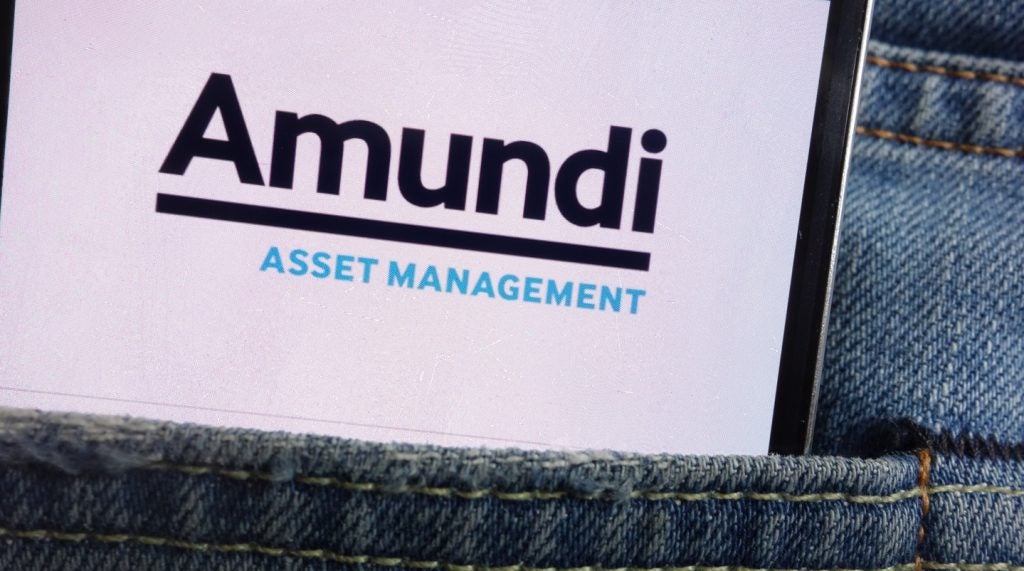
The UK Chancellor Philip Hammond has announced an increase in tax charged when royalty payments are made to lower tax jurisdictions.
In his Budget speech, Hammond said HMRC will start to charge more tax on royalties relating to UK sales when those royalties are paid to low tax jurisdictions.
This is expected to generate about £200m a year.
The move is seen as an attempt by the government to combat tax evasion following the recent “Paradise Papers leak” that took place early November, causing 13.4m files to be exposed from offshore law firm Appleby.
The announcement was made on Wednesday in the government’s Autumn 2017 budget.
Hammond said: “This does not solve the problem… …but it does send a signal of our determination.”
How well do you really know your competitors?
Access the most comprehensive Company Profiles on the market, powered by GlobalData. Save hours of research. Gain competitive edge.

Thank you!
Your download email will arrive shortly
Not ready to buy yet? Download a free sample
We are confident about the unique quality of our Company Profiles. However, we want you to make the most beneficial decision for your business, so we offer a free sample that you can download by submitting the below form
By GlobalDataThe leaked documents contained more than 1,400GB data. It mostly came from the Caribbean region and indicated high net worth individuals, including some prominent public figures, to have used offshore centres to save their wealth. As a result, they paid lower taxes than the typical taxpayer.
Private Banker International (PBI) spoke to a number of experts ahead of the budget to understand how the leak would transform the wealth management industry.
Experts said the leaks would lead to greater transparency because of ‘reputational risks’ that are at stake when exposures like the Paradise Papers occur.
Eoin O’Shea, CEO of risk and compliance consultancy, Temple Grange Partners said: “The fact that these unexpected disclosures can occur, and will no doubt reoccur, will promote greater understanding among clients of the need for any of these structures to have a defensible business purpose. That itself supports greater transparency.”
But despite any tightening of rules surrounding the use of offshore centres, experts believe that offshore centres will still be used to mitigate geopolitical risk.
John Maitland, group commercial director and head of private banking at Kleinwort Hambros, said political tensions such as deteriorating relations between the West and North Korea imply that people prefer to save their money offshore.
Criminal Finances Act
The recent introduction of the Criminal Finances Act in September 2017 means that firms can now be liable and face criminal prosecution for any activity suggesting that they had been involved in tax evasion. This could even apply if the company was unaware that their clients had invested offshore, and as a result evaded taxes.
O’Shea said even though the law came into effect in September, the act sheds light on money that is being used today and the source of past and current funds.
“Not everybody is understanding the implications for issues like the Paradise Papers where your obligations from past transactions need to be updated in the context of this current information.”
Read PBI’s full and in-depth feature on the outlook for offshore wealth hubs in the wake of the Paradise Papers in the November print edition for subscribers.







